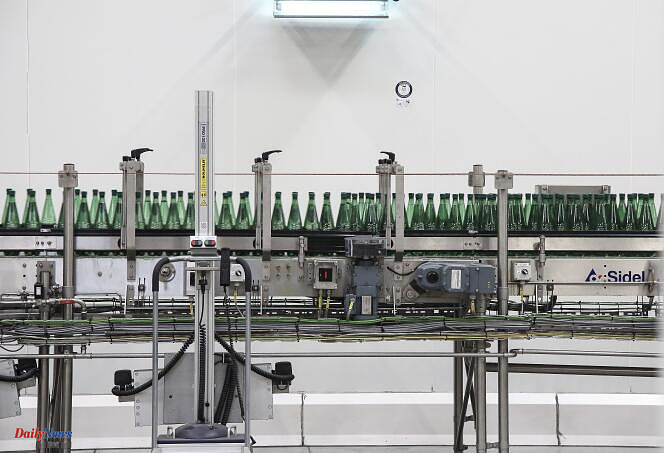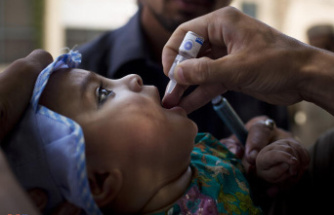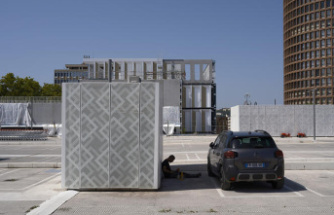The company Nestlé Waters announced to Franceinfo and Le Monde yesterday that it had destroyed "as a precaution" two million bottles of its Perrier brand, due to the presence of bacteria of fecal origin in one of the wells operated by the company. Swiss firm on its Vergèze (Gard) site.
This destruction was carried out at the request of state services, the Directorate General of Health (DGS) announced on Thursday April 25. “In view of the uncertainty regarding the health risks linked to the quality of natural mineral water and on the proposal of the general director of ARS Occitanie, the prefect of Gard asked the operator, “in application of the code of public health”, to destroy all the products of batches of natural mineral water manufactured on the line concerned during the period from March 10 to 14,” explains the DGS in a document sent to Agence France-Presse (AFP).
In a decree dated April 19 consulted on Wednesday by AFP, the prefect of Gard had given notice to the company to “immediately suspend” the operation of one of its water catchments in Vergèze, near Nîmes. It was indicated that this catchment “presented an episode of contamination from March 10, 2024 and over several days by germs witnessing contamination of fecal origin” of the Escherichia coli type.
Nestlé under pressure
The mineral producer, also owner in France of the Vittel, Contrex and Hépar brands, whose sources are located in the Vosges, has been under pressure since the end of January, when it publicly admitted having used treatments prohibited for mineral water (disinfection by UV lamp, activated carbon filtration, in particular), in order to guarantee risk-free consumption.
Following the strengthening of health control and surveillance, “non-compliant” natural mineral water catchments were closed or declassified into water made drinkable by treatment” in the Vosges and in the Gard, also explains the DGS to the 'AFP. “Before these closures, these catchments were treated fraudulently by the operator. The verification of microbiological and chemical quality criteria was carried out after the prohibited treatments, the operator having concealed them,” continues the DGS.












